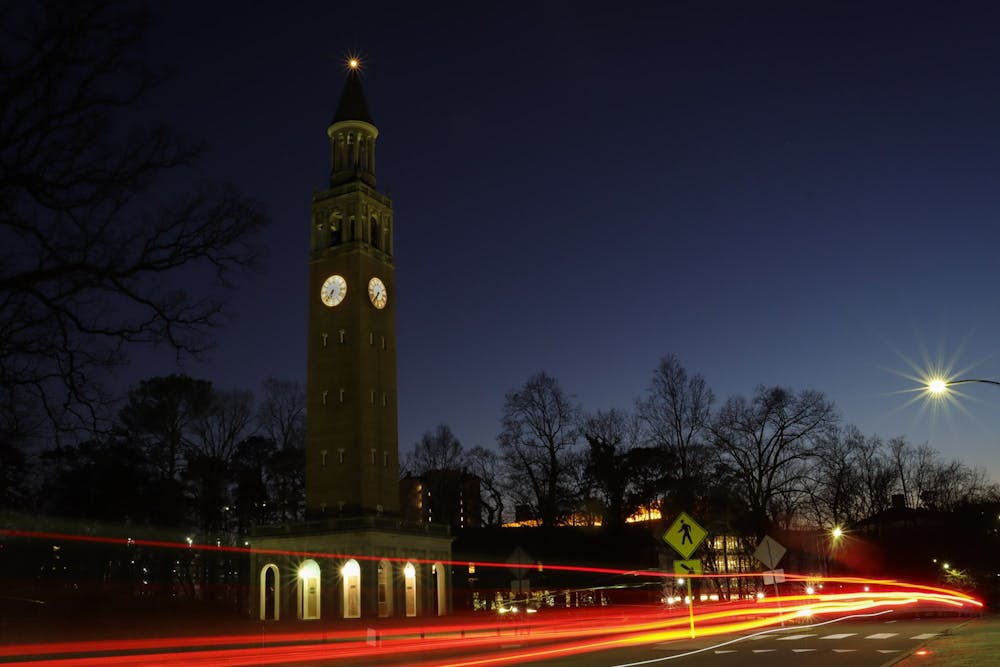I’ve always hated daylight saving time.
First off, it’s confusing. People across the U.S. forget to adjust their clocks — and the change is especially annoying when you have regular communication with folks in other countries. Second, it’s not consistent. Hawaii and Arizona don’t observe the time change, so their time is out of step from the rest of the country for half the year. There’s clearly an easier way.
But shifting clocks twice a year is not just a hassle, it has serious consequences. When an entire nation has jetlag at the same time, our collective sleepiness becomes deadly in the aggregate. In fact, fatal car crashes spike by around 6 percent every spring during the week after daylight saving time.
But the answer is not to make daylight saving time permanent, such as through a bill passed by the Senate last week would have it. The real answer is to get rid of it altogether and revert back to standard time.
In full disclosure, I like to wake up early. It’s not because I’m a morning person, but because it's the only time that nobody will bother you. No one is texting you, no one is emailing you and most importantly, anyone who isn’t asleep assumes that you are. But with permanent daylight saving times, our mornings will be thrown into darkness.
It’s very well possible that UNC would adjust its course schedules in response to the change, but for parts of the year, 8 a.m. classes will begin before the sun even rises over Chapel Hill.
For example, this upcoming fall semester, students will likely return to post-8 a.m. sunrises. Exams that begin at that time might begin in darkness. And it won’t get any better the following Spring semester. In fact, the next sunrise to happen before 8 a.m. wouldn’t be until mid-February.
Let’s be real, students need all the help we can to attend early-morning classes, and commuting before the crack of dawn is not going to help.
If you don’t have an 8 a.m. class, and you don’t plan on ever having one, then you might think this won’t apply to you. But let’s clear some things up.




